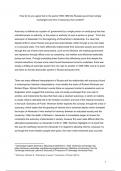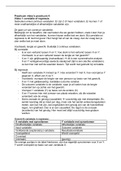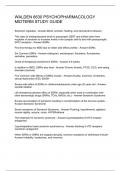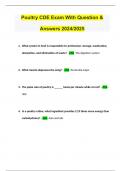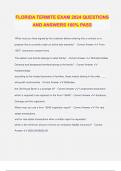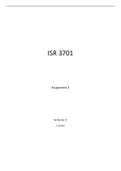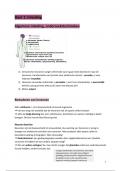Essay
A grade NEA coursework example AQA History A-level
- Module
- Non exam assessment
- Institution
- AQA
This essay is a completed coursework example for AQA A-level history. It received an A grade and was marked 34/40. The essay is on Russia and autocratic power in the period . It includes a full bibliography and references, including primary sources.
[Show more]
